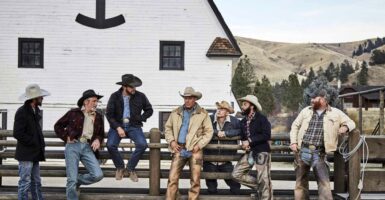Civil War Drives Director Away From The Chair Forever, Reveals Reasons For Making Controversial Sci-Fi Thriller
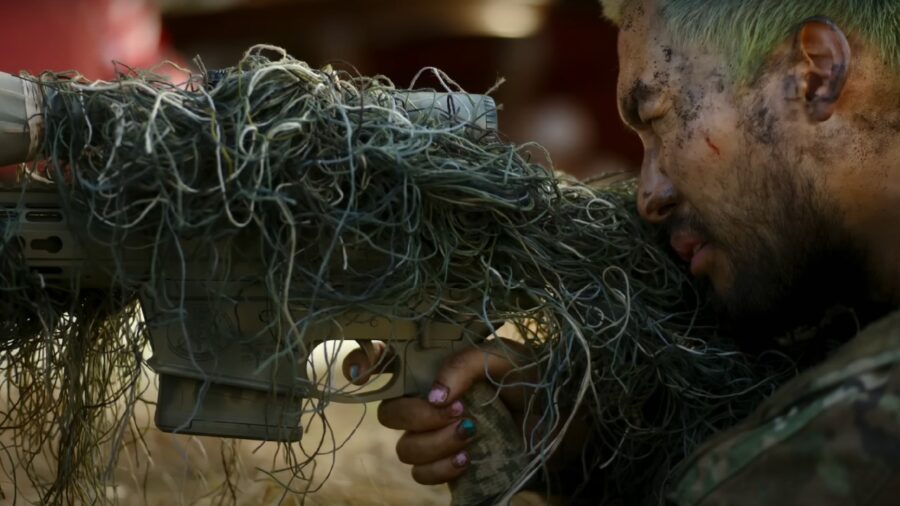
Alex Garland, the director behind the upcoming dystopian action film Civil War, says he is not “planning to direct again in the foreseeable future.” His stance is not surprising since indie filmmakers often find themselves in uncharted territory when their movies gain mainstream attention. However, Garland felt this particular story needed to be told for various reasons.
Inspired By Journalists

Garland’s admiration for serious journalism, influenced by his father’s profession as a newspaper cartoonist, is evident in Civil War. The film portrays journalists as heroes navigating through a devastating battle to report on the state of their country. Garland’s desire to protect and honor the integrity of journalism served as a driving force behind the film’s creation.
“There is something in the film which is trying to be protective of [journalists],” Garland, who has great respect for the foreign correspondents he grew up around in London, explained. “I think serious journalism needs protecting because it’s under attack, so I wanted to make those people heroes to put them front and center.”
A Response To The COVID Pandemic
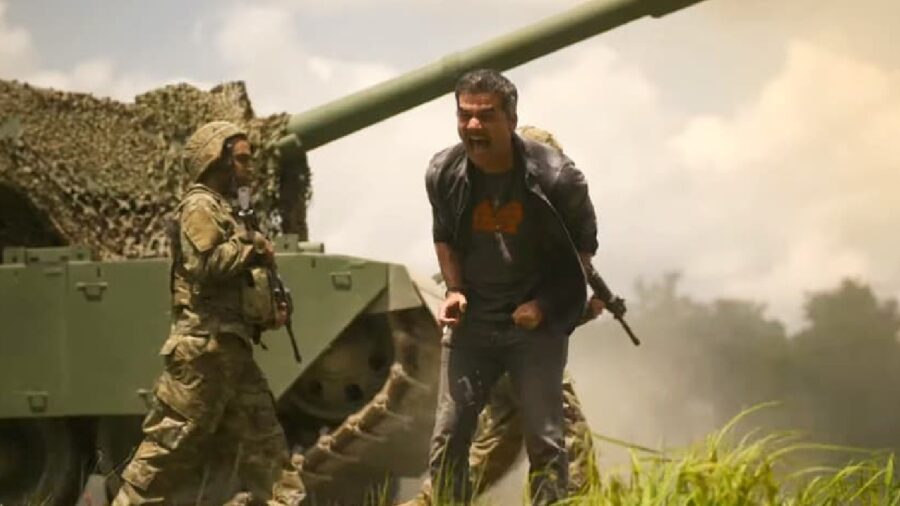
Garland’s decision to make Civil War is also influenced by his observations of societal tensions and polarization, particularly in the wake of events such as the COVID-19 pandemic and political upheaval. The film serves as a commentary on the dangers of polarization and the breakdown of civil discourse, reflecting Garland’s concerns about the state of society.
The filmmaker also expressed a deep sense of responsibility towards his cast and crew, particularly regarding sensitive portrayals of violence and nudity in his films. This responsibility weighs heavily on Garland and has contributed to his decision to step away from directing after Civil War. “It literally keeps me awake at night,” he said.
A Complex Film To Make
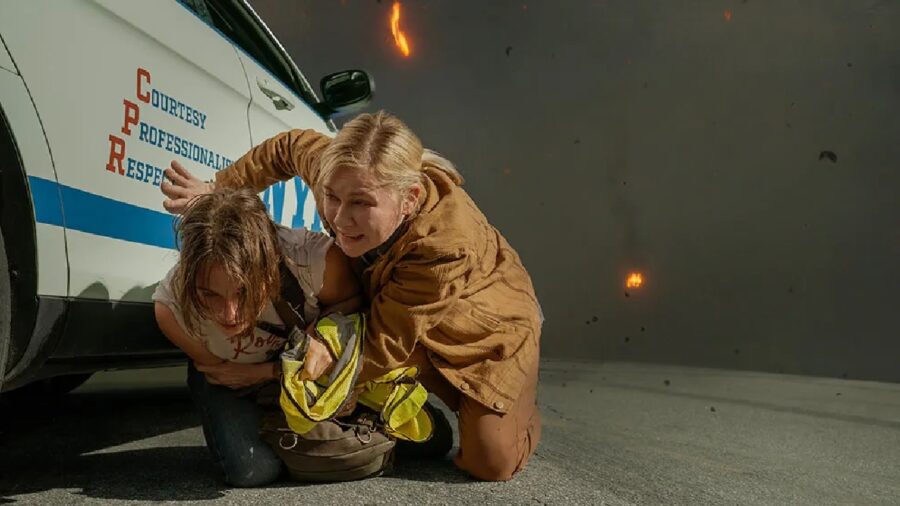
Despite the creative freedom afforded by indie production house A24 and the substantial budget of Civil War, Garland acknowledged the challenges of gaining trust from audiences and navigating societal sensitivities. The film’s release in a politically charged climate adds to these pressures, prompting Garland to reflect on the complexities of filmmaking in the current context.
Focused On The Small Story
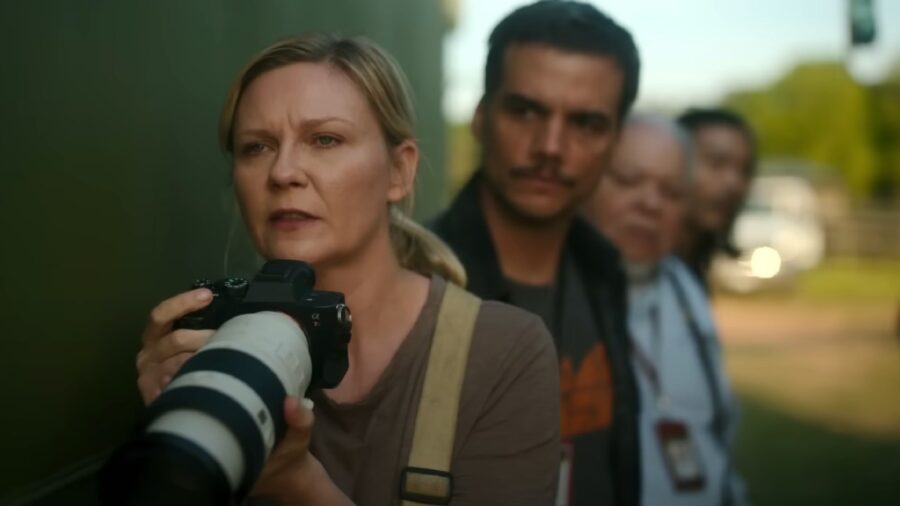
While Civil War could mark the end of Garland’s directorial career, he remains passionate about storytelling and creative exploration in future projects. The dystopian action flick debuted at the South by Southwest Film & TV Festival on March 14. The story skips delving into the political aftermath of the conflict, opting instead to center on the hurdles of journalism in a battleground.
An Authoritarian President
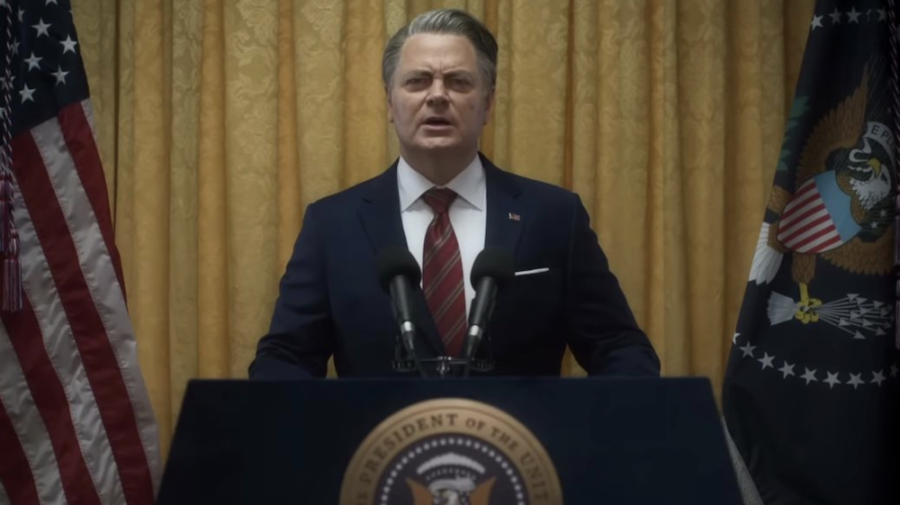
Civil War is set in a near-future America torn apart by the reign of an authoritarian President (played by Nick Offerman) who is in his third term. The film follows a photojournalist named Lee Smith (played by Kirsten Dunst) and her team as they maneuver through a hostile and divided nation, aiming to land an interview with its controversial leader.
The journalists embody a disconcerting detachment, a requisite trait in their profession, yet one inherently conflicting with human nature as they strive for impartiality. This stance poses a paradox, as media outlets thrive on controversy to bolster readership and viewership, with some even fostering anxiety about a potential second American civil war.
Kirsten Dunst As You’ve Never Seen Her Before
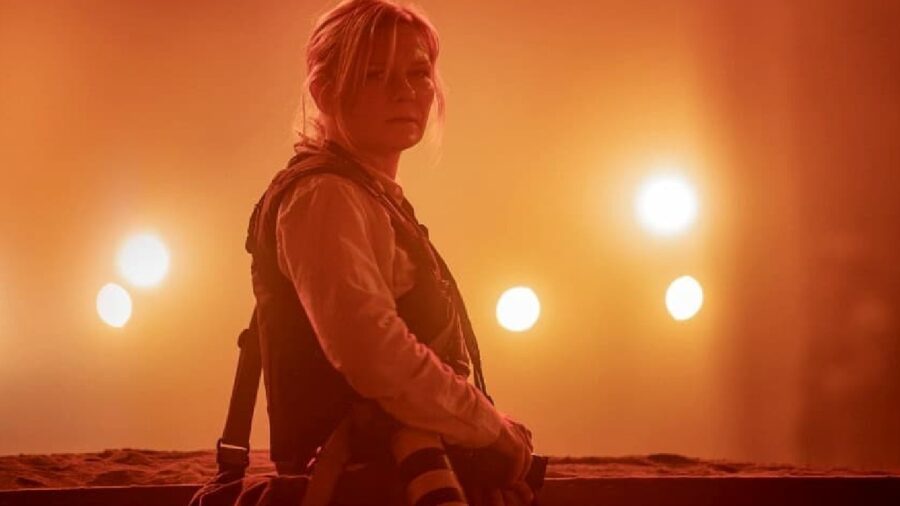
Additionally, Civil War presents a fresh facet of Dunst’s acting repertoire. Unlike her portrayal of a tough character in Power of the Dog, the toll of covering conflicts visibly diminishes her in this film. During the premiere, the actress touched on her character’s transformative journey, where resilience and unfiltered reactions transcend basic self-preservation. The movie is scheduled to hit theaters on April 12.


